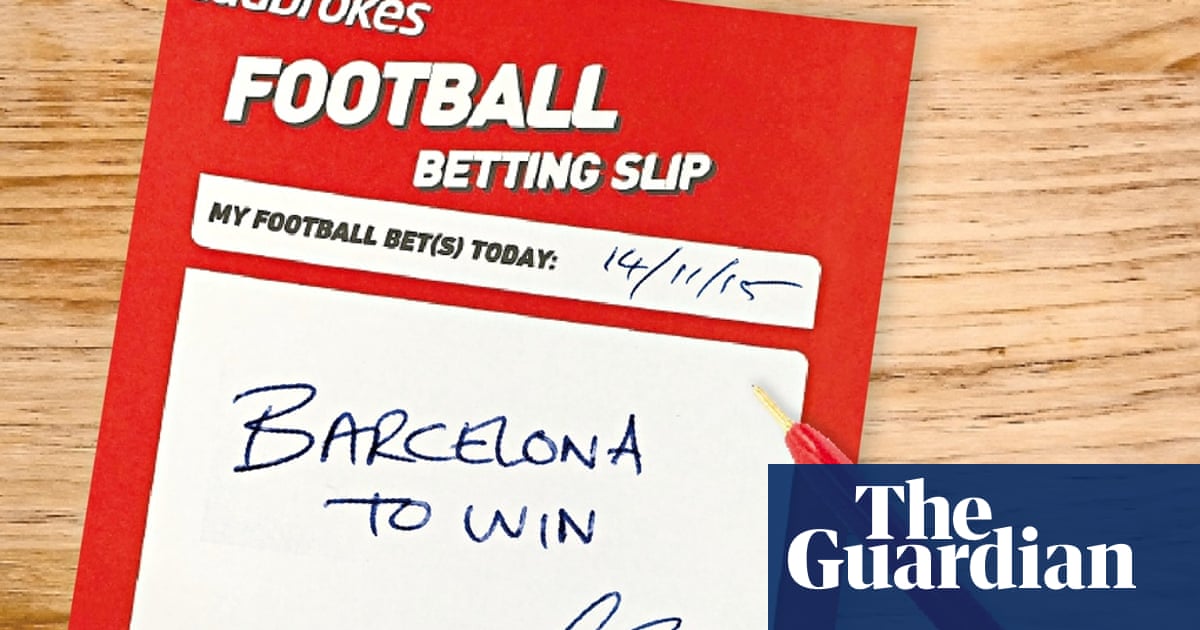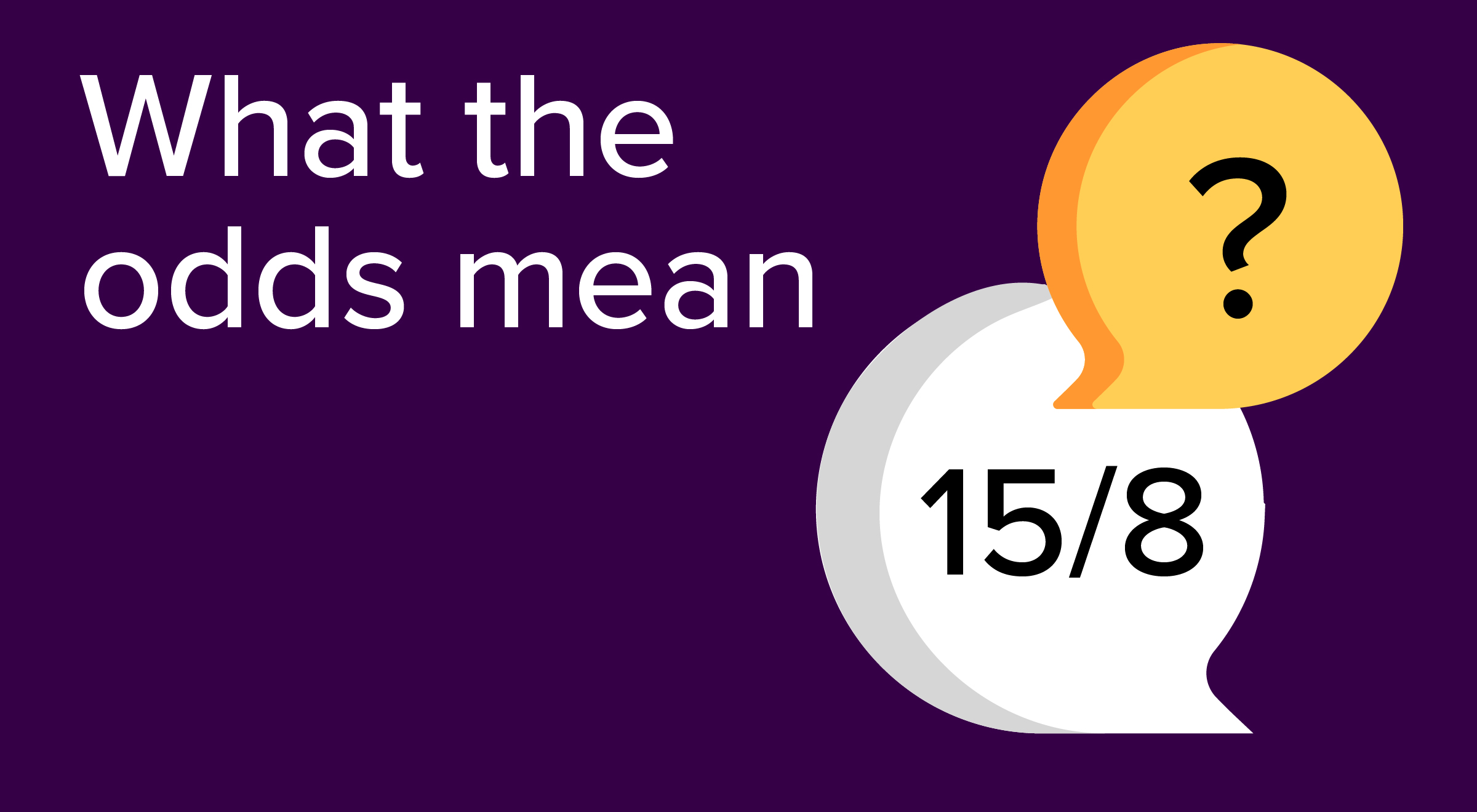Good Stakes For A Bet
- A few good rewards for winning a bet with friends are:.A temporary swagger amid boasting rights until the next bet comes along.The delight in seeing them fork over some cash, tickets to a concert, movies, and/or sporting-event.
- Chuck steak, blade steak, round steak, tip steak, or even sirloin steak are not the best steaks for cooking the perfect steak. Usually, if it has the word rib or loin or strip in its name, it's going to make a good steak.
- Definition of ‘Stake’: Money or property risked on the result of a horse race, card game, match outcome, etc. Stake (or ‘wager’ in America), is straightforward terminology. You bet with your friend on a game of pool, and stake £5 each. Whoever wins the game gets £5 from the other party, and whoever loses is.
Determination of high stakes is subjective of course. If a punter bets £1 per bet, then it could be claimed that £10 is a high stake. Likewise, a common £10 punter might consider £100 a high stake. For the purpose of this article, we are going to consider a big bet anything from £200 up to the often laid bets of £10,000 and even more.
The only one of these terms which is obviously straightforward is ‘Bet’, and I am sure all of you understand what a bet is.
Even the term ‘Stake’, at least so long as it is money related, is easily understandable.
Whatever level your stake is, there are only two options: you either lose the bet and your stake, or you win the bet, retrieving your stake and adding to it your winnings.
However, the term ‘Odds’ is far more difficult for most bettors, especially as odds are connected to market prices, fluctuations, probabilities, expectations, etc.

Hand on heart, can YOU reliably define the terms “bet”, “odds”, and “stake”?
What is a BET?
Definition of ‘Bet’: Technically speaking, a ‘bet’ is an agreement between two parties that the one who makes an incorrect prediction about an uncertain outcome will forfeit something stipulated to the other – a wager.
Betting is all about risking something, usually a sum of money, against the money of someone else based on the outcome of a future event, such as the result of a race or other competitive event.
What are ODDS?
Good Stakes For A Bet With Your Boyfriend
The term, ‘odds’, is somewhat ambiguous.
Here are two definitions from well-known dictionaries:
Macmillan Dictionary: The chances that are used for calculating how much money you will get if the person or thing you bet on wins a race or competition.
Oxford Dictionary: The ratio between the amounts staked by the parties to a bet, based on the expected probability either way.
The problem with the above definitions (and many other definitions found in dictionaries) is that odds are not necessarily connected to the real chances of something happening, not even to ‘expected’ probabilities.
Just think of British odds, European odds, and US Moneyline odds.
British odds show the net return of a bet, European odds display the net return of a bet plus the original stake, and US Moneyline odds exhibit the money wagered either to win 100 units, or the money which will be won from a 100 unit stake.
Another deviant example is that bookmakers adjust their odds to public opinion in order to balance their books.
Therefore, it is simply incorrect to say that ‘odds’ display the chances of something happening. Odds are not even necessarily based on expected probabilities.
Betting Odds are the Prices for a Bet
Learning Point: There is NO connection between the market odds of a bet and the real probabilities of the event occurring.
What does the term STAKE mean?
Definition of ‘Stake’: Money or property risked on the result of a horse race, card game, match outcome, etc.
Stake (or ‘wager’ in America), is straightforward terminology.
You bet with your friend on a game of pool, and stake £5 each. Whoever wins the game gets £5 from the other party, and whoever loses is £5 poorer.
In betting, the stake (or ‘wager’) usually means money, which is countable.

The concept of stake becomes much more complicated if property is wagered, such as houses, cars, or in some countries even wives! If you gamble property then you not only have to calculate the true probabilities of a bet to compute the odds, but also convert the staked property into a monetary value.
In these cases bets are very often lopsided and unfair, with a huge advantage to the person who is better in maths than the other. (Read an example: Arsenal fan staked his house on a bet with a Manchester United fan, who offered his wife and Toyota car in return )
Bet, Odds, and Stake – Conclusion
The only honest advice I can give – Do not bet if you do not understand odds!
Unless money is no object, few people will go shopping and load their basket with goods without checking and comparing the prices of different brands. Most of us need to ensure we have enough money available to pay for the purchases, and some of us like to ensure we are getting the best value for the money we pay.
Understanding Odds is CRITICAL! If you constantly go shopping without paying attention to the prices (ignoring the significance of odds), or do not bother comparing brands before buying them (failing to shop around for the best odds), you will certainly end up paying more than others (failing to capitalise on your betting investments), and in the long run be able to buy fewer products for your money (losing more money than you win).
Always remember: Odds are the price for a bet, they very rarely stand for the real probabilities, or chances.
Of course, odds available in the market can be converted into their ‘implied’ probabilities, which can then be compared to your own calculations of the ‘real’ expected probabilities, and vice versa.
If you want to become a winner you MUST understand odds and be able to compare and distinguish between the implied probabilities suggested by the odds offered in the market and the real (or true) probabilities suggested by historical statistics. There is no alternative – a lucky gambler is never lucky all the time.
If you wish to learn odds calculation, please check out:
- in Betting by Lucy
Welcome to lesson 4 in my Back to Basics Betting Class!
If there is one simple thing you can do to get better at betting, it’s to use a robust staking plan. There is no glamour to it, and very few systems providers explain it properly (except occasionally to go a bit mystical about Fibonacci or something similar!). But in my experience, good staking is the bedrock of successful betting. Do it right, and you’re already halfway there. Do it wrong, and you are almost certain to haemorrhage money.
Here then are the rules that I personally follow. There are other approaches but I don’t believe you can go far wrong with these four ideas.
Fun Stakes For A Bet
1. When you’re trying out a new system, please use level staking only. Any decent system can benefit from a good staking plan, but until you’ve proven it’s a decent system, you should be using level stakes. Otherwise the staking plan will distort your results (for better or worse), and cloud the issue (which should simply be – ‘is this system any good?’).
2. There is one exception to rule 1. I will allow myself to adopt a level liability approach for laying systems that permit high prices (i.e. laying to SP), but only as a risk mitigation strategy (which is a fancy way of admitting to cowardice).
Like the bookies, I’m scared to death of the Foinavon effect (i.e. getting torched by some runaway longshot), but unlike them, I am unable to persuade mug punters to take lousy odds from me on rank outsiders. So SP laying it sometimes has to be. But even then, you should keep records of what would have happened if you’d used level stakes.

I have switched to using Chris’s wonderful new spreadsheet to test ZeroHype’s Laying service, precisely because it allows us to track to both fixed liabilities and fixed stakes.
3. Once you have a great system, use ratcheted staking. This means betting with a set percentage of your bank, in such a way that your stakes grow gradually as your bank balance rises. For a low-risk system (e.g. betting at short prices), 5% is an acceptable figure. For higher risk methods, you may wish to consider 3%, or even 2%.
Good Bet Ideas
The most important points though are that the chosen percentage should:
- “feel right” – i.e. you don’t get too down if you lose, because you know you have a winning system that will come right in the end
- be a figure you decide on in the morning then stick to all day. Don’t try working it out on the fly as you’ll only get confused.
Funny Stakes For A Bet
Ratcheted staking also protects your bank balance if you start to lose, by making it last longer. A 5% ratcheted stake might sound a lot, but it lasts a lot longer than the 20 bets that first come to mind. In fact, after 50 straight losing bets on a £100 bank, you would still have a little money left (£7.69, assuming 1 bet per day). Such is the joy of exponential mathematics! (do I need to get out more!?)
You may be tempted, during a dry spell, to keep on going with the same stakes (a flat £5, in my example) in order to accelerate a recovery, but this is seriously flawed thinking. Be professional and stick to your percentage. If you have a sound system, then it will only be a matter of time before things improve, and your bank starts to climb again.
And of course when you do start to make progress, ratcheting benefits from the miracle of exponential mathematics when going upwards too, so that the results can be extraordinary. I digress slightly, but I love the old ‘wheat on the chessboard problem’, which, paraphrasing Wikipedia, illustrates this point quite wonderfully:
- When the creator of the game of chess showed his invention to the ruler of the country, the ruler was so pleased that he gave the inventor the right to name his prize for the invention. The man, who was very wise, asked the king this: that for the first square of the chess board, he would receive one grain of wheat, two for the second one, four on the third one, and so forth, doubling the amount each time. The ruler, arithmetically unaware, quickly accepted the inventor’s offer, even getting offended by his perceived notion that the inventor was asking for such a low price, and ordered the treasurer to count and hand over the wheat to the inventor. However, when the treasurer took more than a week to calculate the amount of wheat, the ruler asked him for a reason for his tardiness. The treasurer then gave him the result of the calculation, and explained that it would be impossible to give the inventor the reward. The ruler then, to get back at the inventor who tried to outsmart him, cut off the inventor’s head to discourage such trickery!
- On the entire chessboard there would be 264 − 1 = 18,446,744,073,709,551,615 grains of rice, weighing 461,168,602,000 metric tons, which would be a heap of rice larger than Mount Everest. This is around 1,000 times the global production of rice in 2010 (464,000,000 metric tons).
Nowadays of course, you are more likely to find that your account is simply closed by your bookie without the need for decapitation, but it is still a problem that a sensible staking plan can easily leave you with… so do look at my article on eight ways to stop your bookie from closing you down.
4. Never chase losses. It really is the fastest way to the poor house. Everyone knows this deep down, but somehow it’s easy to forget when things are going against you.
Why do so many people do it? Because they keep losing, and they want a quick way out, that’s why. Hence the popularity of systems like Fancy Fillies, which has a cute name, but is little more than a well-packaged, loss-chasing plan.
I ditched the Fancy Fillies system after a handful of bets on account of its suicidal approach to staking. This sort of stuff should be avoided at all costs.

And of course, if you really want to play Russian roulette, there’s always Martingale…
And that’s all there is to it!
Lucy x
[DKB text=”Why not download Lucy’s acclaimed, free, 43-page PDF manual on how to make £1000 per month from betting systems? Click here to get it NOW!” title=”” type=”” style=”” color=”” height=”” width=”” opennewwindow=”” nofollow=””]